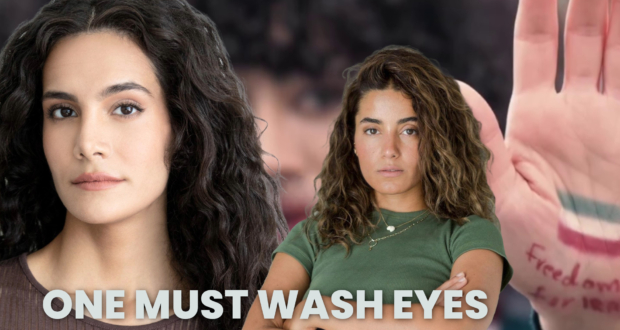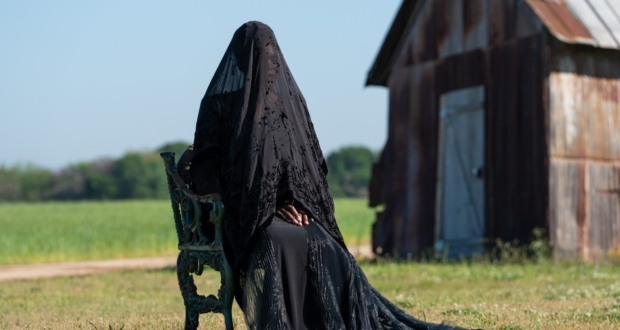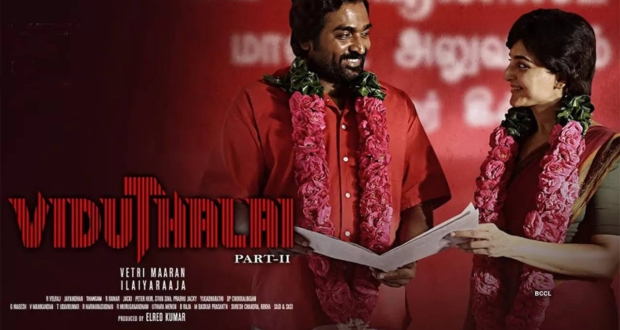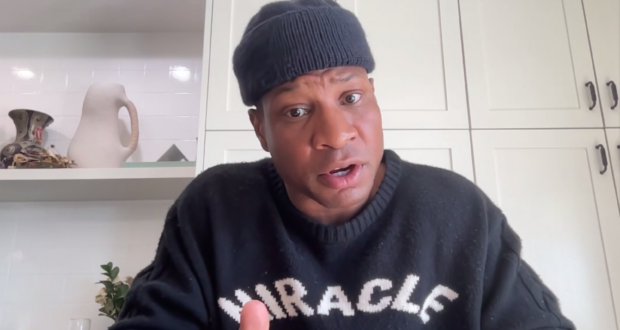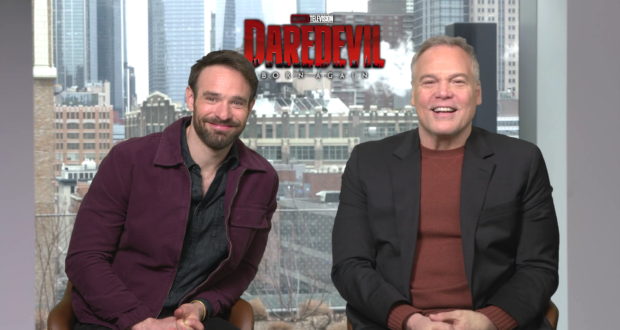Ever heard of a movie sparking a movement? That’s exactly what the powerful new film “One Must Wash One’s Eyes” is poised to do. Get the inside scoop on the making of “One Must Watch Eyes” with director Sepideh Yadegar and lead actress Pegah Ghafoori. This film is making waves for its gripping portrayal of an Iranian student’s fight for justice and safety. The movie dives deep into issues of residency, identity, and the immigrant experience.
A Story of Resonance and Reality
When I asked Sepideh about the core message of “One Must Watch Eyes,” she shared a poignant insight. Sepideh, who went through the refugee process herself, wanted to highlight the privilege of safety, a luxury many people don’t have. This film is her way of shedding light on the anxiety and uncertainty faced by refugees.
The Heartbeat of the Film: Sahar’s Journey
Pegah Ghafoori plays Sahar, a character who resonates deeply with her own experiences. Pegah’s portrayal of Sahar is powerful, touching, and incredibly authentic. She drew from her own feelings of displacement and fear to bring Sahar to life. Pegah shared that her character’s struggle mirrored her own in many ways, making the role both challenging and cathartic.
The Message For Audiences
So, Sahar gets into a situation in this movie where she protests and it has an international reach, but there’s also a message of residency issues that can easily affect people who are studying abroad or for other reasons. What message do you want audiences to actually walk away with when they watch this film? I know that’s what I walked away with, but what’s your intent?
Sepideh: For sure. That’s a great question. What message do I want the audience to walk away with? I think a lot of times we, now I have my Canadian citizenship, but I went through my refugee status like 10 years ago and going through that process was very challenging. When you are about to go and do your hearing and you have no idea if the judge is going to say yes, you can stay or no, you’re going to get kicked out. And that feeling right after when I heard the yes, you can stay, when I was walking home, I felt like before that day, I was walking on wobbly ground. After that hearing, I felt like the ground was solid. I was safe to walk and stay here, but a lot of people don’t get that chance. I wanted the film to shine a light on that, that it is a privilege to have that safety, and not everyone gets that, especially nowadays in the crazy world that we live in, with everything that’s going on.
Thank you for that. Pegah, I have a question for you as well. I can only imagine being of Iranian descent, that this movie impacted you personally in some way. Can you talk about how this affected your performance or how this informed your performance with your character in “One Must Watch Eyes”?
Pegah: Being displaced from your homeland happens differently to everyone. I can only speak on behalf of Iranians, but your homeland and your home, your family, and a lot of people’s cases being taken away from you despite your continuous fight for them. Not being able to think about safety and the feeling of security when I think of going home to visit family or just to see my country was enough fuel to fire what I needed the character to push and to help her fight her fight. I think it’s something that a lot of Iranians can relate to in one way or another.
Sepideh, piggybacking on that, there are a few scenes in this film where we see that Sahar is in places where she’s starting to not feel safe, right? There are a lot of moments of vulnerability, a lot of sensitive moments for her character. Were there any particular scenes in the movie that you’re most proud of or what was the most significant scene that you wanted to make sure you got right considering the message?
Sepideh: I think the scene when she gets the phone call from home, from her mom and her uncle, that they basically tell her that she should not come back. That needed a little dancing and making sure that all the shots were right, especially like going into it and coming out of it. Besides planning for it, we had to leave space also for accidents to happen as well. So I think that one was the most difficult part. Another one was the full scene because we only had one shot of that.
Creating One Must Wash Eyes
What was it like for you working with Pegah? What insights do you think you’ll take into your next film from this project?
Sepideh: It was extremely challenging. I’m kidding. Pegah was the first. I’ve heard filmmakers say this a lot before I made this film, that they have seen an audition and they just fell in love with the actor right away. That was with Pegah. I was so amazed. When we were doing the callbacks, I was like, I have no words to give to her. I just want to meet her because she was so perfect. She hit every single thing that I had in mind when I was writing the script and working with her felt so natural. It was as if she’s my sister or a best friend that I haven’t seen in ages. We connected right away and working was, from my view, the easiest thing I’ve done.
Pegah: Yeah, a lot of people do say we could be sisters. Such an honor.
Sepideh: It’s my honor.
In working on this project, what would you say was probably the most challenging aspect to actually put together in the film? What was the biggest obstacle you overcame? I’d like to hear from both of you on this.
Sepideh: Before getting into actually making the film, I thought getting the funding was the most difficult part, but it turned out that was the easiest part. Getting the crew that was passionate about the film at the beginning was hard, but when it happened, the crew was wonderful. They were brilliant, talented human beings that made making the film so easy. One of the challenging nights or days of filming was our night shoot because I’m the kind of person who goes to bed at 9 p.m. It was really hard to stay until 4 a.m. But our crew made memes all night, which kept the atmosphere fun and light-hearted despite the long hours.
Pegah: I need to add a little bit to that. We shot 10 pages in five hours, and credit where credit is due, I don’t think we would have been able to do it without our first AD and associate producer. We were making memes of him because we felt for him and because we knew that it was hard. It was a loving dynamic and I think the memes are what got us through that shooting day.
That’s really cool. I’m loving the dynamic I’m hearing between you and everyone that helped put this together. Now, considering the sensitive subject matter with folks who are having issues with residency, what advice would you give to young Iranian women or someone else in a similar situation who might be the next Sahar after learning through this experience?
Sepideh: I’d say it will get easier. It is hard when you’re going through it. I know it’s hard but I want them to know that they’re not alone in this journey and there is a community out there going through the same things. If they ever need a friend to chat, hit me up. I’ll be here to talk with you and walk you through it.
Bringing Sahar To Life
What would you say is the biggest similarity between yourself, Pegah, and your character now that you’ve had an opportunity to live in her shoes for a while?
Pegah: Considering its Sepideh’s story, and it basically is her, having met her before we even started filming, we realized how similar we were and our experiences. I would say that it’s not necessarily similarities, but I learned a lot from the character. Once the pandemic, the revolution broke out, there was a lot of fear, especially in people who have lived abroad for most of their life. That fear took a lot of molding to get out of my body. Watching Sahar go through these things after seeing One Must Watch Eyes myself, I thought, wow, I’m not the same person as I was before we made this film. She’s definitely taught me some courage and reminded me of my strength. Watching Sepideh on set, she would come and tell me certain stories to give me more background before a scene. Just watching her persevere and be so incredibly strong, all I could do was show up.
Sepideh, piggybacking on what Pegah was saying, how did you balance bringing your own interpretation of this character while staying true to yourself and your personal story?
Sepideh: That’s a good question. How did I find balance? It wasn’t a hard job just because of Pegah’s amazing performance. I would say there were a lot of things that I could see in myself through the performance and sometimes it would get overwhelming. I had to step away just to make sure I’m safe in the process of creating this film. But, yeah, I think Pegah hit it on the nail. She did it perfectly, and that was so much of my work.
Pegah, in portraying Sahar, were there any specific parts of her journey that you found particularly challenging or resonated with you on a personal level?
Pegah: Oh, absolutely. It was the calls home. It was the things that she did to help her uncle and her family back home. Those resonated with me deeply, and it’s just so hard not to have your family around you. That resonated so deeply with me and was very challenging.
That makes perfect sense. Considering that this film touches on themes of family, displacement, and the pursuit of safety, what do you hope the audience takes away about these issues after watching the film?
Sepideh: I hope that people who haven’t been through these things gain a little bit more empathy and understanding of what others go through. For those who have experienced similar situations, I hope they feel seen and heard, and maybe find some comfort in knowing they’re not alone.
Pegah, final question for you. What was the most rewarding part of bringing Sahar to life for you?
Pegah: The most rewarding part was seeing the final product and knowing that we did justice to Sepideh’s story. It was seeing the reactions of people who have gone through similar experiences and feeling like we gave them a voice and a platform.
Thank you both so much for your time today. It’s been an absolute pleasure. I’m excited for everyone to see “One Must Watch Eyes” and to see the impact it will have.
Sepideh & Pegah: Thank you!
“One Must Watch Eyes” is a testament to the power of storytelling. Sepideh and Pegah have created a film that not only entertains but also educates and inspires. Whether you’re looking for a gripping drama or a meaningful narrative, this film delivers on all fronts. Don’t miss it.
So, if you’re ready to dive into a story of resilience, courage, and hope, make sure to watch “One Must Watch Eyes.” You’ll walk away with a greater understanding and empathy for the immigrant experience.

